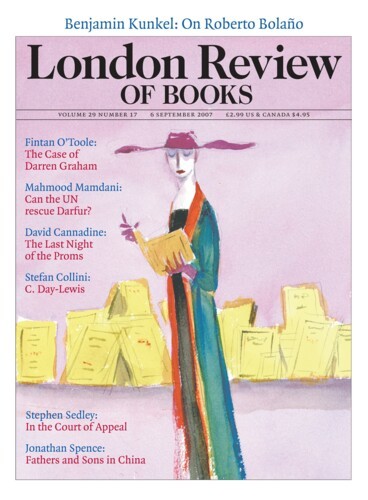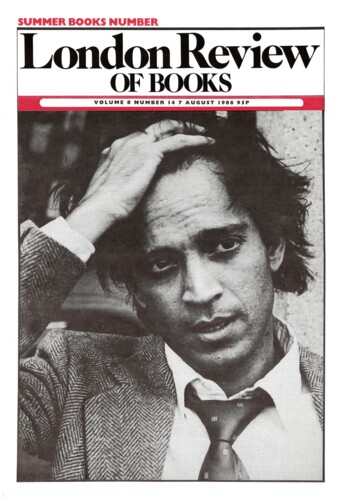The fall of the Ming dynasty in 1644, and the consolidation of its successor Qing dynasty over the ensuing twenty years, was one of the more dramatic events in human history. It is a complex story to tell, since so many aspects must be considered. The erosion of Ming power took many years, and various Ming pretenders fought on, by land and sea, until the early 1660s. In central and north China rebel groups had chipped away at Ming power for decades, as the state gradually lost its power to control the countryside and to extract revenues from it. In the far north-east the Manchu tribes had consolidated in Liaodong under their formidable leader Nurhaci by the 1620s, and it was the descendants of these warriors who inherited the mandate of heaven by ousting one set of victorious rebels from Beijing. Frederick Wakeman’s massive study is the first attempt in any language to tackle this terrific subject in a fully comprehensive way: that is, to create a narrative analysis that pays due attention to the Ming civil and military bureaucracy, to the rural rebels and the reasons for their discontent, to the rise and spread of Manchu power, and to the phases of resistance and the shape of final victory. Though there are some problems of balance between individual chapters, some overloading of the narrative line by the sheer density of the number of characters introduced, and some passages that will be opaque to all but other specialists in the field of Chinese history, The Great Enterprise is a remarkable achievement. It is rare to be presented with history on this majestic scale, and to confront the great themes so confidently presented.
The Great Enterprise: The Manchu Reconstruction of Imperial Order in 17th-Century China by Frederic Wakeman. The fall of the Ming dynasty in 1644, and the consolidation of its successor Qing dynasty over the ensuing twenty years, was one of the more dramatic events in human history. It is a complex...




